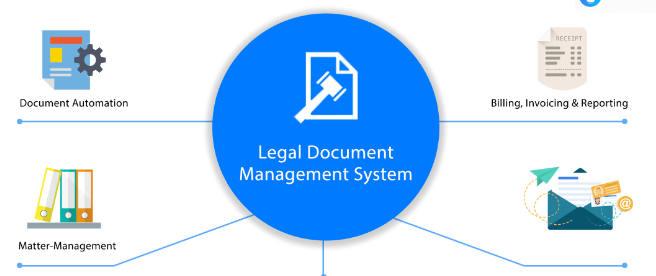Table of Contents
Introduction
A client contract sets the foundation for every professional relationship. It defines expectations, timelines, payment terms, and responsibilities, ensuring clarity and protection for both parties. Whether you’re a freelancer, a photographer, an interior designer, or a legal professional, having a well-structured client contract is crucial for smooth operations.
In this guide, we’ll cover the essential elements of a client contract, why they matter, and how Xora’s client contract management software can help streamline your contract management process.
Why Client Contracts Are Important
A well-drafted client contract is more than just a formality—it’s a critical business tool that provides legal protection, sets expectations, and ensures smooth project execution. Here’s why they matter:

1. They Protect Your Business and Clients
A legally binding contract protects both parties by clearly defining terms and conditions. For instance, a photographer who faces a last-minute cancellation can secure payment through a contract that includes cancellation clauses. Contracts serve as safeguards in case of disputes, ensuring fair and professional business dealings.
2. They Set Clear Expectations
Clients may have their own interpretations of services and deliverables. A contract lays out every detail, from project scope to payment terms, preventing misunderstandings. It also includes provisions for service cancellations and modifications, helping both parties stay aligned.
3. They Define Project Goals
No two clients are the same, and neither should be their contracts. Customizing contracts to reflect client-specific goals ensures better alignment and a more personalized service experience.
4. They Demonstrate Professionalism
Clients trust businesses that operate with transparency and professionalism. A detailed, well-structured contract shows that you are serious about your work and committed to delivering as promised.
Key Elements to Include in a Client Contract
Every client agreement should cover essential sections to protect both the service provider and the client. Here are the must-have elements:
1. Parties Involved
Clearly state the legal names of the individuals or entities entering the contract. This ensures that both parties understand who is bound by the agreement.
2. Project Scope
Outline the specifics of the project, including:
- Goals: Define project objectives and deliverables.
- Services Provided: Detail exactly what the client is paying for.
- Resources Needed: List tools, materials, or labor required.
- Deadlines & Milestones: Establish clear timeframes for project completion.
3. Payment Terms
Miscommunication about payments can lead to disputes. Avoid confusion by specifying:
- Total cost of services
- Payment schedule (upfront, instalments, or upon completion)
- Accepted payment methods
- Late payment penalties
4. Contract Terms & Conditions
A contract should outline essential terms, such as:
- Dispute resolution: Define how conflicts will be handled (mediation, arbitration, legal action).
- Termination policy: Specify how and when either party can end the agreement.
- Governing law: Identify which state or country’s laws apply to the contract.
- Liability and indemnification: Clarify responsibilities in case of damages or legal issues.
5. Communication Guidelines
Clearly define how clients should communicate with you:
- Preferred contact method (email, phone, online portal)
- Response time expectations
- Procedures for requesting changes to the agreement
6. Special Contract Clauses
Adding additional clauses can further strengthen your contract, such as:
- Confidentiality agreements
- Non-compete clauses
- Force Majeure (unforeseen circumstances affecting work completion)
How Xora’s Client Contract Management Software Simplifies Your Workflow
Managing contracts manually can be tedious and time-consuming. Xora’s client contract management software streamlines the process with its all-in-one business management platform, allowing you to create, customize, and send contracts effortlessly. Here’s how Xora can help:

1. Use Ready-Made Contract Templates
Get access to professionally crafted contract templates designed for various industries. Easily customize these templates to suit your specific business needs.
2. Automate Contract Management
With Xora, you can:
- Automatically generate contracts for new clients.
- Set up reminders for contract renewals and payment deadlines.
- Digitally sign contracts and store them securely in the cloud.
3. Track Client Interactions
Xora’s integrated CRM helps you keep track of client communications, ensuring you never miss an important contract update.
4. Simplify Payments and Bookings
Seamlessly link contracts to invoices and payment gateways. Xora allows clients to sign agreements, make payments, and book services all in one place.
5. Stay Legally Compliant
Xora’s client contract management software is crafted with industry best practices and updated regularly to reflect changes in laws and regulations. This ensures that your contracts always meet legal standards.
Conclusion
A well-structured client contract protects your business, maintains professionalism, and ensures smooth client relationships. By clearly defining project scope, payment terms, and expectations, you minimize risks and set the stage for successful collaborations.
With Xora’s client contract management software, you can simplify contract management and focus on growing your business. Automate your workflow, protect your interests, and provide clients with a seamless experience—all from a single platform.
Get started with Xora today and take the hassle out of client contracts!

Leave a Reply